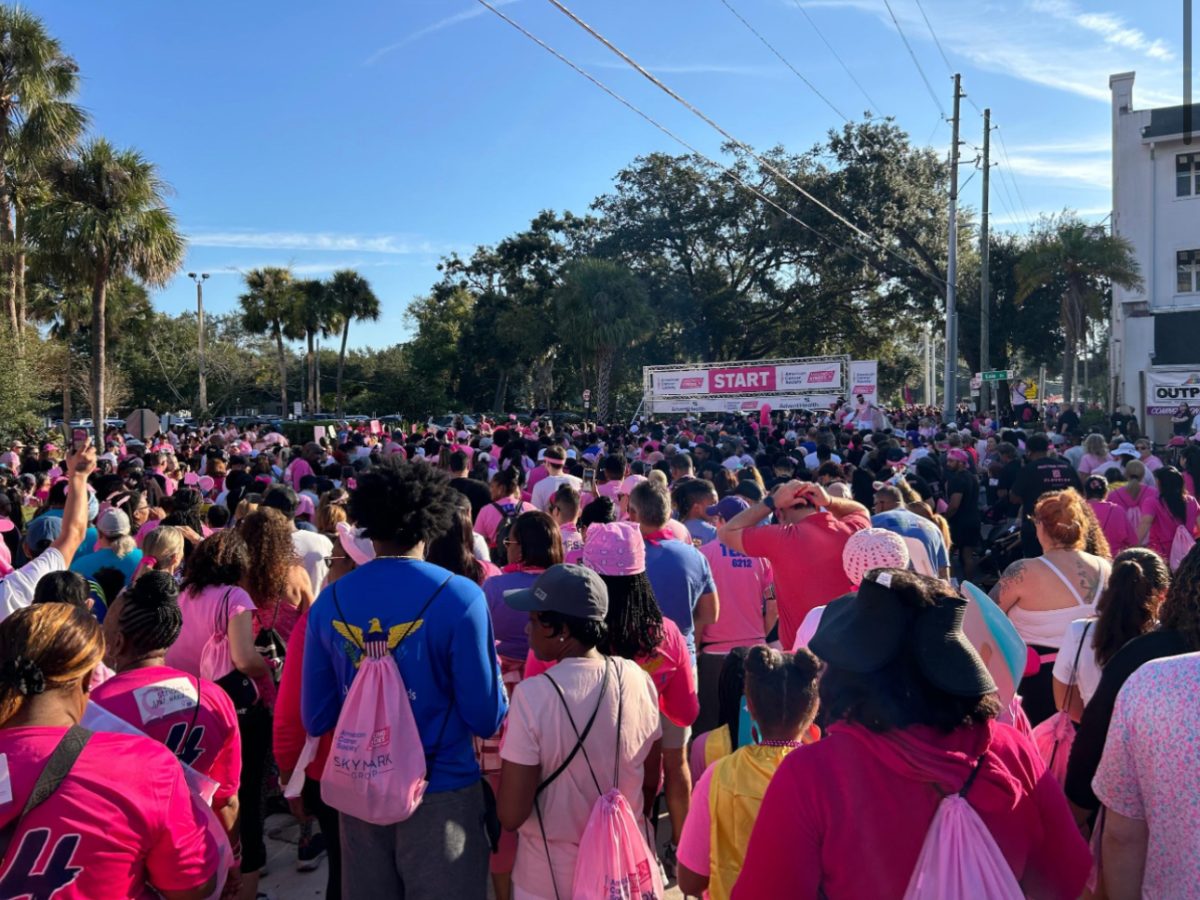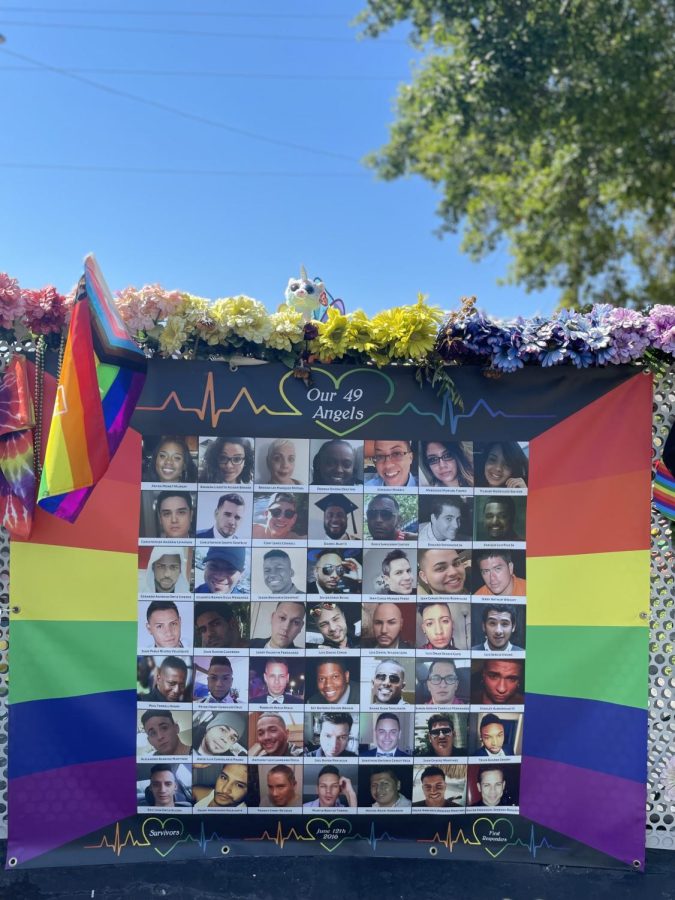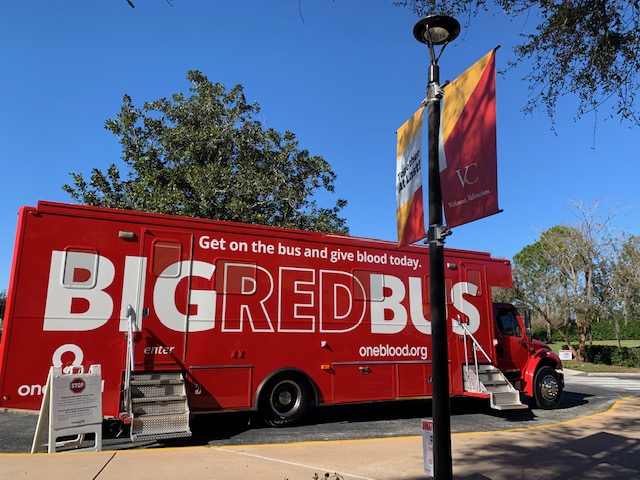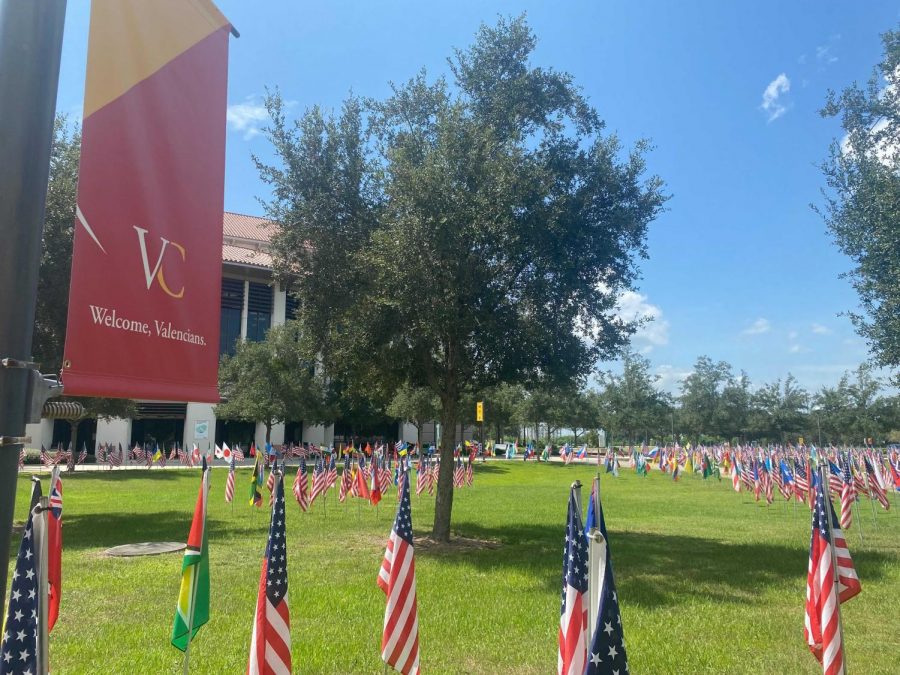By Camilo Echeverri Bernal
Lesbian, Gay, Bisexual and Transgender (LGBT) rights have come a long way since Stonewall. The community has seen its ups and its downs. From coast to coast in the U.S. and around the world. Lesbians and gays, as well as transgender individuals have experienced their fair share of discrimination, ostracism, and name-calling.
Harvey Milk is perhaps the most renowned figure in LGBT rights in the U.S., his campaign against Anita Bryant and her proposition to stop mainly gay teachers from working in schools made him a target of much hate-speech, and his death was by the hands of a co-worker, Dan White.
His story, along with the stories of many, such as Matthew Sheppard, Gwen Araujo, and less known individuals who have died for being who they are, are the ones who have inspired movements and days of remembrance as well as the nationwide Day of Silence.
The LGBT rights movement has been compared to those of racial minorities–not in the sense that they are discriminated against because of their ethnicity and so forth, but because they are gender deviants in many ways. Lesbians are seen as inadequately feminine in most cases, and gays as inadequately masculine. It is an affront to society to be gender nonconformists.
In Orlando alone, the LGBT community has received a relatively warm welcome. It is true that we have the LGBT community center, as well as our pride parades and Gay week at Disney. But civil unions are still not legal. In a state that hosts a great number of LGBT-oriented events and raises such consciousness pertaining to equality and so forth, its legislators seem to be bent on making life harder for this segment of the population.
.
It is still a highly controversial debate as to whether gay couples should be allowed to adopt children — although in some cities, such as Orlando, things are different.
Gays, lesbians and bisexuals as well as transgender people face words of hate, loathing and contempt because in the eyes of many, their lifestyle is morally wrong and “evil.” Their misery is perpetuated by Bible passages, just as slavery was, the curse of Ham and the stigma of the homosexual.
“People use religion and the tyranny of the majority to suppress the LGBT community,” adds Justiss Wilder, GSA president at the West Campus
It is a human rights issue because it affects us all, LGBT identified and their families,their friends, their children and their loved ones. To be ostracized, exiled and cast out from the company of their fellow human beings leaves not only physical but emotional and psychological scarring.
Fathers who shoot their children, mothers who place their daughters in psychiatric wards, teens who lose their friends and teachers who lose their jobs over loving who they love. It is something that is skin deep and cannot be changed.
“Once GLBT rights are equal to those of the rest of the population, everything else will follow,” predicts Wilder, pertaining to the future of the community.





